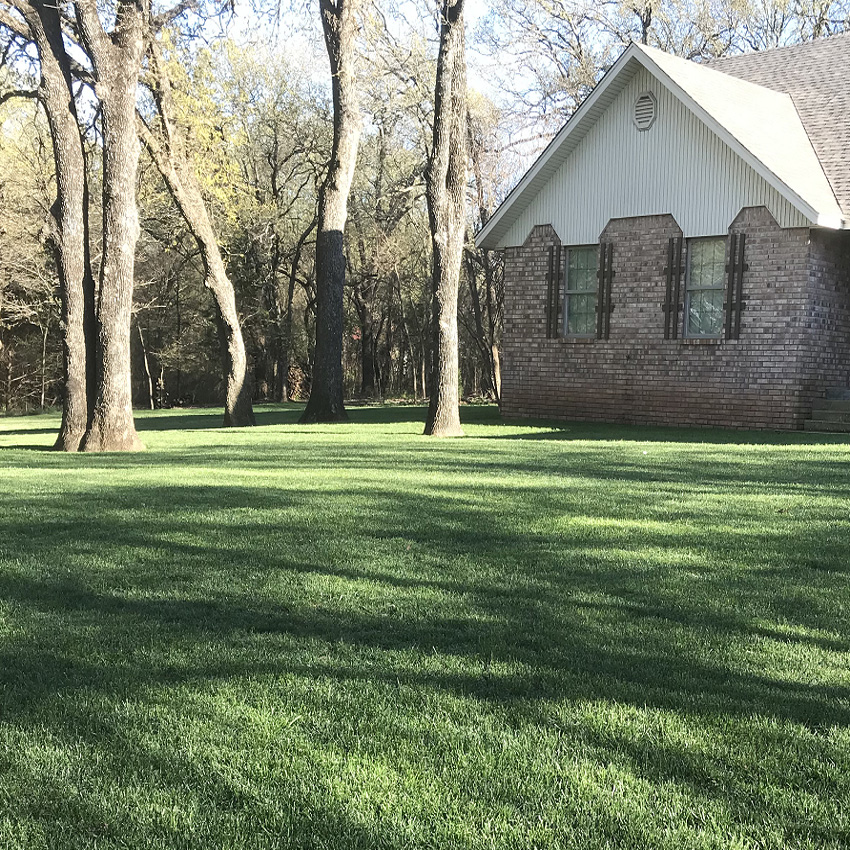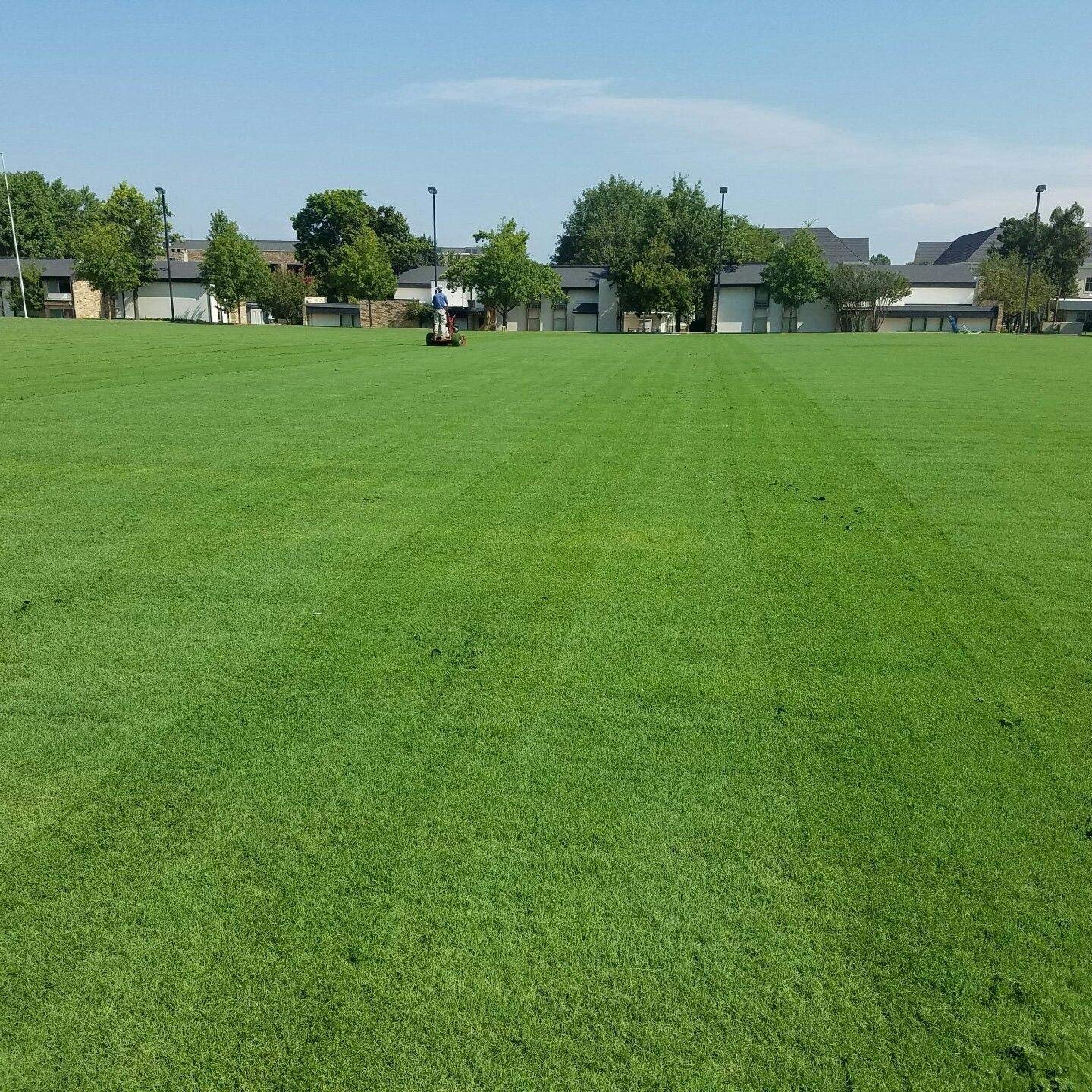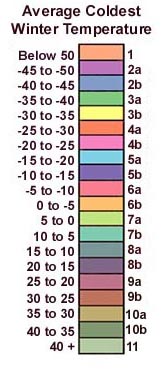
Combat Extreme Southern
- Wear Tolerant
- Cost Efficient
- Lawns

Grasses used in Arizona are numerous, but most are warm season grasses except for overseeding grasses such as ryegrass. Bermudagrass is most likely the toughest grass used for turf in areas of the desert southwest, the southern plains, and the humid southeastern United States. No other warm season grass has so many attributes. Bermuda grasses establishes quickly, forms dense sod, good tolerance to salinity, good traffic tolerance, and grows on hard soil surfaces better than most other grasses. For these reasons, it is by far the most prominent grass in Arizona.
Both buffalo grass and blue grama will work in the low desert as turf; however, they are far better adapted in Arizona to elevations above 3,500 feet - they are planted in turf demonstration plots at the Arboretum at Flagstaff and recommended at that elevation down toward Prescott. Blue grama is natural in our state at higher elevations where rainfall is more plentiful - it is a superior forage grass for wildflife, cattle, etc. Buffalograss is not native to Arizona, but has been introduced over the years at higher, cooler elevations, with more rainfall as a revegetation grass, for its forage value and soil holding ability. In the lower elevations, these two grasses can be forced to grow with the addition of extra water - still less water than bermudagrass or other normal turf species here.
Another warm season grass which can also be used in Arizona is zoysia grass. Check with your county extension agency to see if it will work in your county.
Cool season grasses such as ryegrass, bluegrass, and turf type fescue are also used in cooler climate zones in Arizona (particularly the North part of Arizona and higher elevations).
| Click Name To View Grass Seed Choice | Type | Applications | |
|---|---|---|---|
| Bermuda Grass - Oasis |
|
Warm Season | Lawns - Full Sun - Fast Growing |
| Bermuda Grass - Blackjack |
|
Warm Season | Lawns - Full Sun - Fast Growing |
| Bermuda Grass - Yukon |
|
Warm Season |
Lawns - Golf Course - Fast Growing Full Sun - High End - Best Cold Tolerance |
| Bermuda Grass - Arden 15 |
|
Warm Season |
Lawns - Golf Course - Fast Growing Full Sun - High End |
| Buffalo Grass - Buffalo Supreme |
|
Warm Season | Lawns - High Drought Tolerance - Full Sun |
| Fescue/Bluegrass Mix - Combat Extreme South |
|
Cool Season | Lawns - Wear Tolerant - Extra Heat Tolerance |
| Fescue Blend - Combat Extreme Transition |
|
Cool Season | Lawns - Wear Tolerant |
| Kentucky Bluegrass - Bluegrass Supreme |
|
Cool Season |
Lawns - Golf Gourses - Full Sun Used In Cool Zones in Arizona |
| Kentucky Bluegrass - Midnight |
|
Cool Season |
Lawns - Golf Courses - Full Sun Used In Cool Zones in Arizona |
| OSP Ryegrass |
|
Cool Season | Lawns - Golf Courses - Southern Winter Overseed |


Below is the USDA Zone Map for Arizona so you can determine which zone you reside in. Below that are our picks for your state which will do best in your area. Next on this page are tables which list various grasses and their characteristics so you can compare before you decide on your purchase. Click on the product name (ie. Midnight) for more information about that grass and to make your purchase.
| USDA Zone Map For Arizona | |
|---|---|
 |
 |
| Compare Various Grasses For Their Characteristics | ||||||||
|---|---|---|---|---|---|---|---|---|
| Cool Season Grasses |
Leaf Texture |
Establish Rate |
Nitrogen Use |
Water Use |
Drought Tolerance |
Salinity Tolerance |
Shade Tolerance |
|
| Fescue - Hard | Fine | Slow to Moderate |
Low to Very Low |
Moderate | Excellent | Low to Moderate |
Excellent | |
| Fescue - Creeping | Fine | Moderate | Low to Moderate |
Moderate | Good | Low | Excellent | |
| Fescue - Turf Type | Moderate to Coarse |
Moderate | Moderate to High |
Low to Moderate |
Excellent | Low | Good to Excellent |
|
| Ryegrass - Perennial | Fine to Moderate |
Very Fast | Moderate to High |
Moderate to High |
Good | Poor to Moderate |
Poor to Moderate |
|
| Warm Season Grasses |
Leaf Texture |
Establish Rate |
Nitrogen Use |
Water Use |
Drought Tolerance |
Salinity Tolerance |
Shade Tolerance |
|
| Bahiagrass | Coarse toVery Coarse |
Slow to Moderate |
Low | Low | Excellent | Excellent | Moderate to Good |
|
| Bermudagrass | Fine to Moderate |
Moderate to Fast |
Moderate | Moderate to High |
Excellent | Very Good | Poor | |
| Centipedegrass | Moderate to Coarse |
Slow | Low | Low | Good | Moderate | Moderate to Good |
|
| Seashore Paspalum | Moderate | Moderate | Moderate | Moderate | Excellent | Excellent | Good | |
| Compare Various Grasses For Their Characteristics - Continued | ||||||||
|---|---|---|---|---|---|---|---|---|
| Cool Season Grasses |
Fertility Needs |
Wear Resistance |
Mowing Height |
Cold Tolerance |
Acid Soil Tolerance |
Thatching Tendency |
Heat Tolerance |
|
| Fescue - Hard | Low | Low | Medium | Medium to High |
Medium to High |
Low to Medium |
Low to Medium |
|
| Fescue - Creeping | Low | Low | Medium | High | Medium to High |
Low to Medium |
Low to Medium |
|
| Fescue - Turf Type | Low to Medium |
Medium to High |
Medium to High |
Medium | High | Low | High | |
| Ryegrass - Perennial | Medium | High | Low to Medium |
Medium | Medium | Low | Medium to High |
|
| Warm Season Grasses |
Fertility Needs |
Wear Resistance |
Mowing Height |
Cold Tolerance |
Acid Soil Tolerance |
Thatching Tendency |
Heat Tolerance |
|
| Bermudagrass | Medium | High | Low to Medium |
Low to Medium |
Medium | Medium | High | |
| Blue Grama | Low | Low | High | High | Low | Low | High | |
| Buffalograss | Low | Low | High | High | Low | Low | High | |
| Centipedegrass | Low | Low | Medium to High |
Medium to High |
High | Medium | High | |
| Seashore Paspalum | Medium to High |
Medium to High |
Low | Medium | Low | Medium to High |
High | |